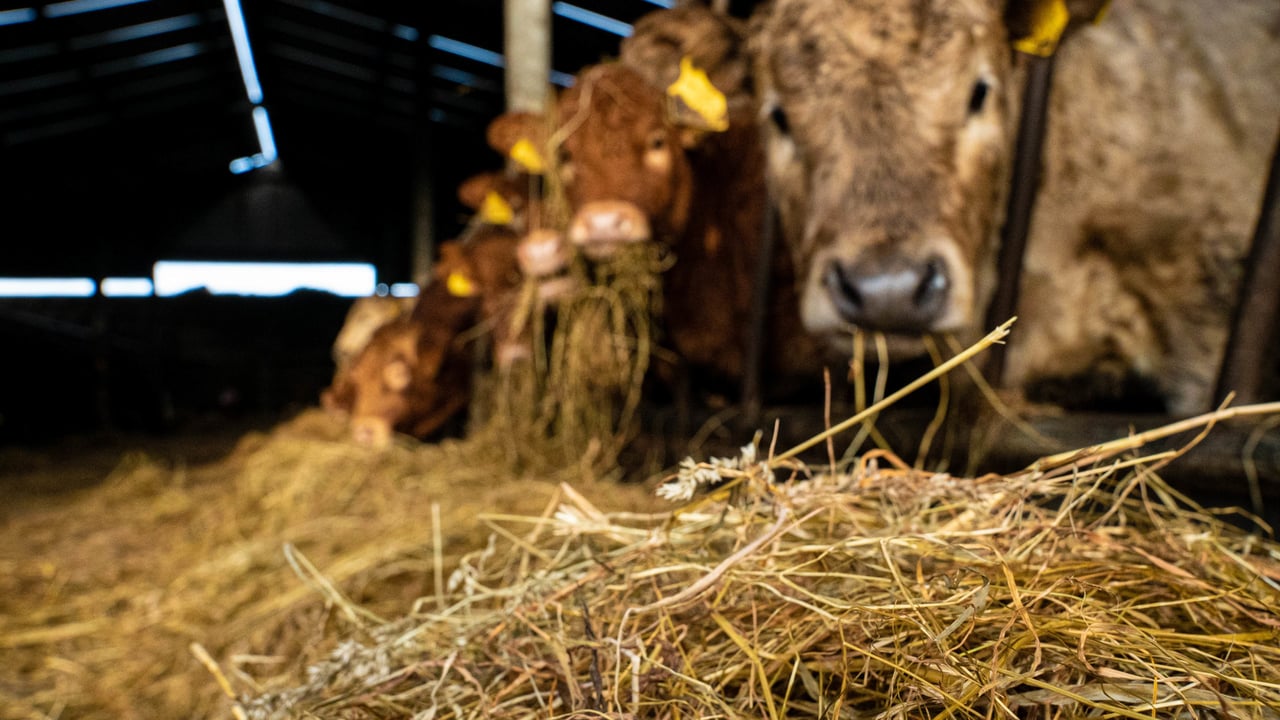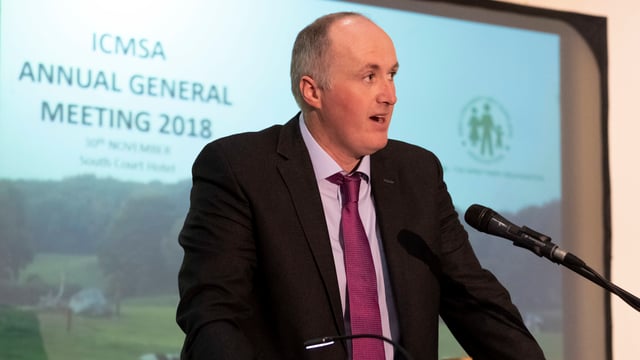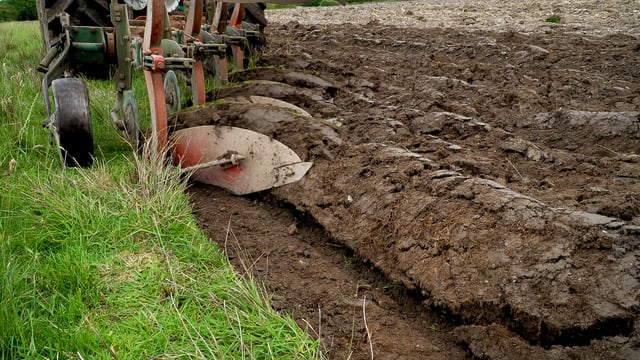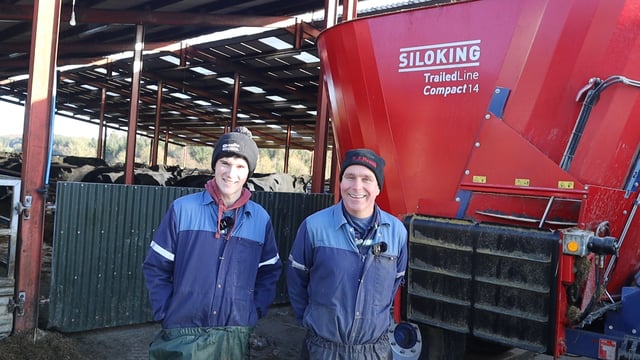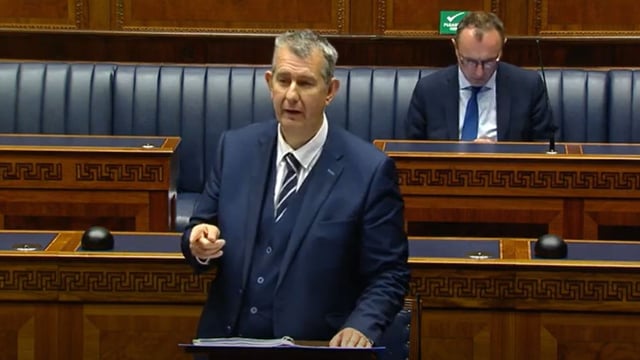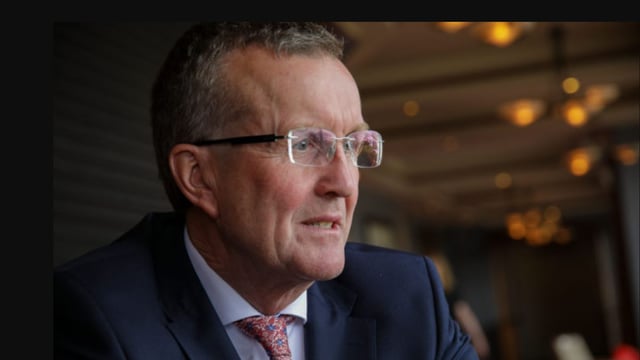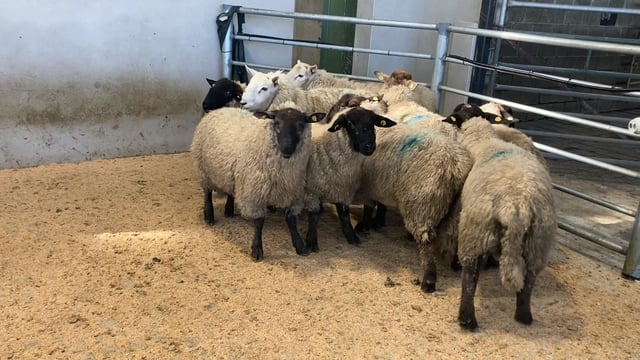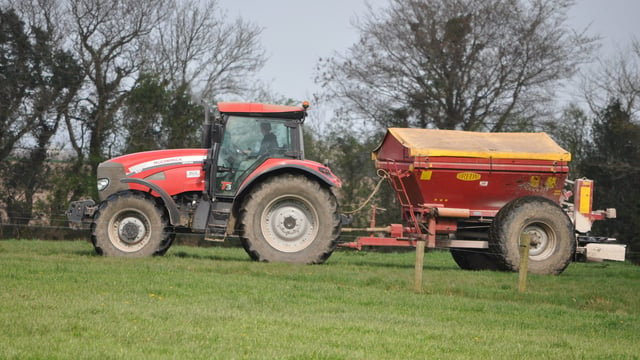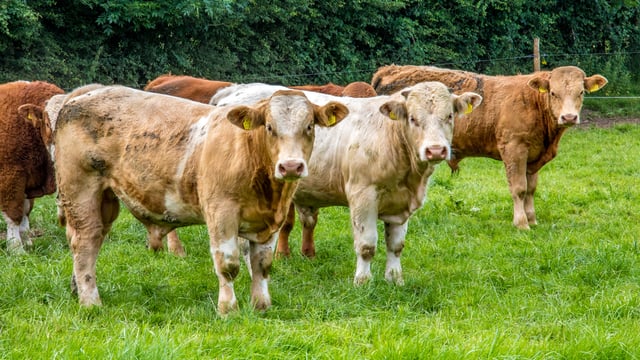87% drystock farmers plan to spread less fertiliser, survey finds
At the second meeting of the National Fodder and Food Security Committee today (Tuesday, March 22), it was revealed that 28% of drystock farmers have bought no fertiliser to date, with 87% admitting that they plan to spread less fertiliser on grazing ground.
The National Fodder and Food Security Committee was formed recently in response to the Russian invasion of Ukraine and it has been tasked with preparing an industry response to the ongoing inputs-cost crisis.
During today’s meeting, which convened in Teagasc Moorepark in Co. Cork, the results of a number of surveys recently conducted across dairy, drystock and tillage sectors were revealed.
These surveys, carried out by Teagasc, uncovered some interesting details of the fertiliser-related challenges that farmers are faced with, and the decisions they are making, in the midst of rising inputs costs, and shortage of such inputs, in some instances.
Among the drystock-survey findings, farmers revealed that finding fertiliser is a real challenge currently, with deliveries delayed or simply not guaranteed; the majority of respondents said they planned to spread less fertiliser on grazing ground; and almost half of respondents are paying 100% upfront for fertiliser.
A summary of the survey details are as follows:
Dairy sector
On the dairy side of things, the Teagasc survey found that over 50% of respondents said that they had 'any fertiliser spread' while 77% admitted to a reduction in the amount already down.
Just over 40% stated that they plan to reduce the amount of fertiliser on silage ground; just under 60% said they were behind target for grazing; while under 70% of farmers said they had purchased more than 50% of their required fertiliser.
In general, the meeting observed:
The meeting heard that there will be sufficient stocks of fertiliser to cover spring requirements, despite stocks being back by up to 25% compared to last year.
But the committee was told that CAN (calcium ammonium nitrate) supplies may be an issue.
However, importers are working to replace stocks that may not be available due to a number of reasons including sanctions on Russia as a result of its invasion of Ukraine.

